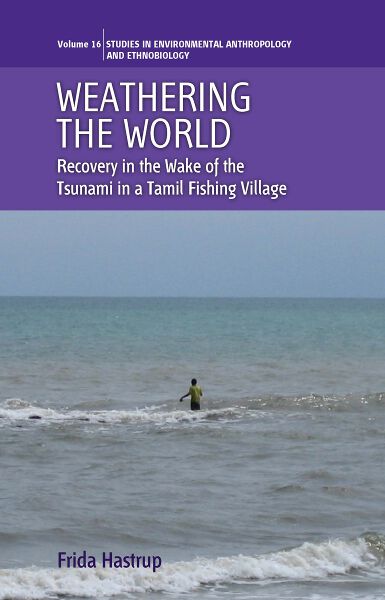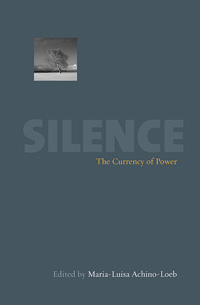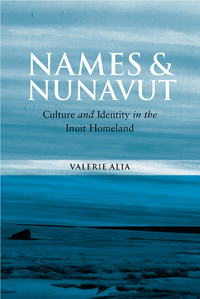
Series
Volume 16
Environmental Anthropology and Ethnobiology
Email Newsletters
Sign up for our email newsletters to get customized updates on new Berghahn publications.
Weathering the World
Recovery in the Wake of the Tsunami in a Tamil Fishing Village
Frida Hastrup
158 pages, 12 illus., bibliog., index
ISBN 978-0-85745-199-6 $135.00/£104.00 / Hb / Published (August 2011)
eISBN 978-0-85745-200-9 eBook
Reviews
“…there is much to recommend in this book, not least its subtlety and persuasiveness.” · Journal of the Royal Anthropological Institute
“…the ethnographic case studies are truly fascinating and memorable. It offers fruitful ways to think about the experiential impacts of the 2004 tsunami in a wider Asian context, comparisons that should definitely be pursued on Indian Ocean shores both near and far.” · Anthropos
“…a well-written ethnography and a welcome contribution to a growing field of study.” · Social Anthropology/Anthropologie sociale
“Hastrup is a promising young anthropologist with a fresh and lively gaze, and this provocative volume augurs well for her future contribution to the field of environmental anthropology.” · American Anthropologist
“This book is a pleasure to read with its combination of intensive ethnography, its austere and almost minimal style of writing and its conceptual innovations. There is no doubt in my mind that this book it constitutes an important contribution to the manner in which we think of disaster and its relation to the everyday not only in the social sciences but also in policy sciences.” · Veena Das, Johns Hopkins University
Description
The Asian tsunami in December 2004 severely affected people in coastal regions all around the Indian Ocean. This book provides the first in-depth ethnography of the disaster and its effects on a fishing village in Tamil Nadu, India. The author explores how the villagers have lived with the tsunami in the years succeeding it and actively worked to gradually regain a sense of certainty and confidence in their environment in the face of disempowering disaster. What appears is a remarkable local recovery process in which the survivors have interwoven the tsunami and the everyday in a series of subtle practices and theorisations, resulting in a complex and continuous recreation of village life. By showing the composite nature of the tsunami as an event, the book adds new theoretical insight into the anthropology of natural disaster and recovery.
Frida Hastrup is a postdoctoral fellow at the Department of Anthropology, University of Copenhagen. She holds a Ph.D. in anthropology from the University of Copenhagen, and has conducted long-term fieldwork in South India. Her current research addresses local responses to environmental changes in the Bay of Bengal area, with a specific focus on flooding, cyclones and coastal erosion.




